

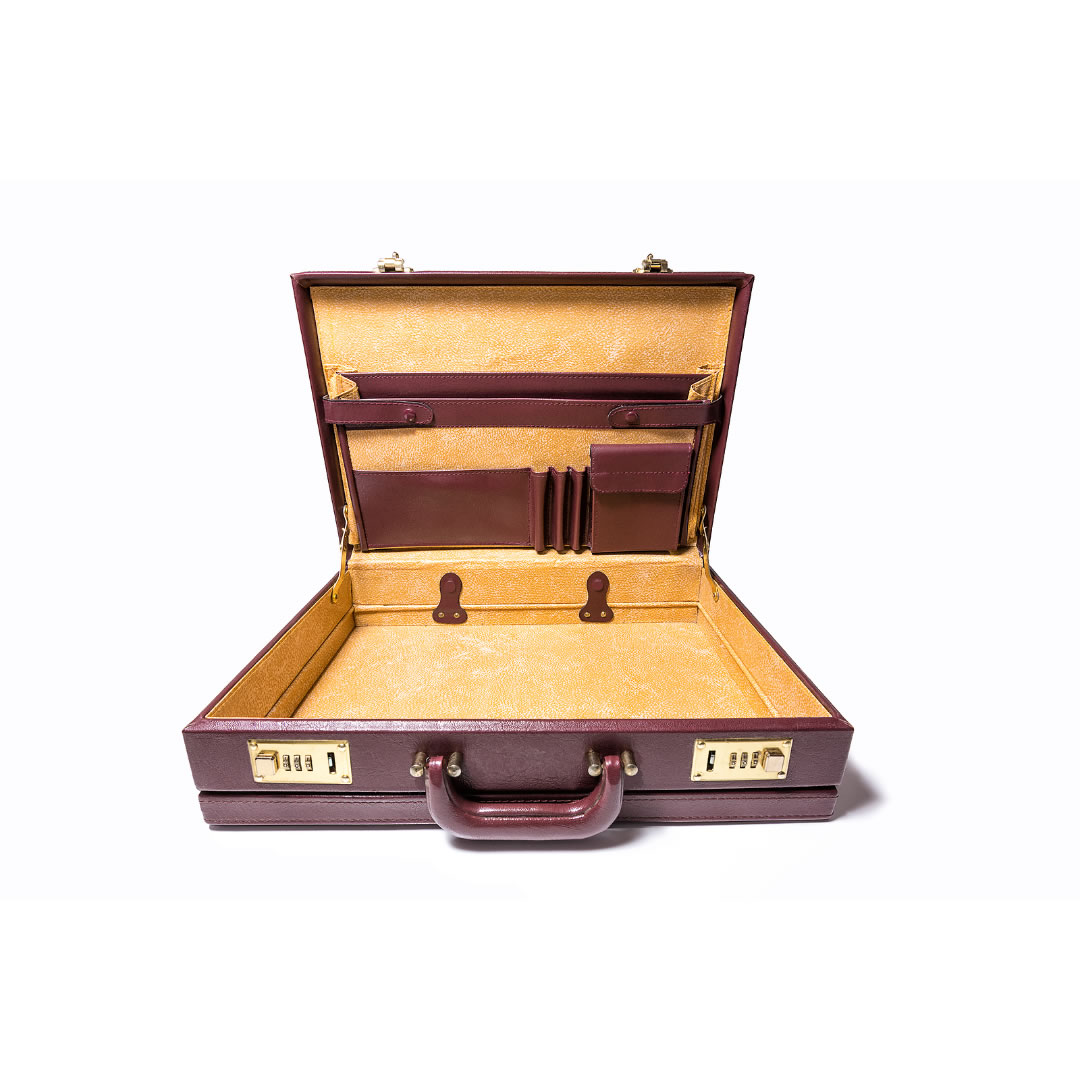
Execution

Execution
Even if you do not own a camera and professional editing software, there’s plenty of resources that you consider. Here’s a couple of suggestions:
Check out our learning platform!

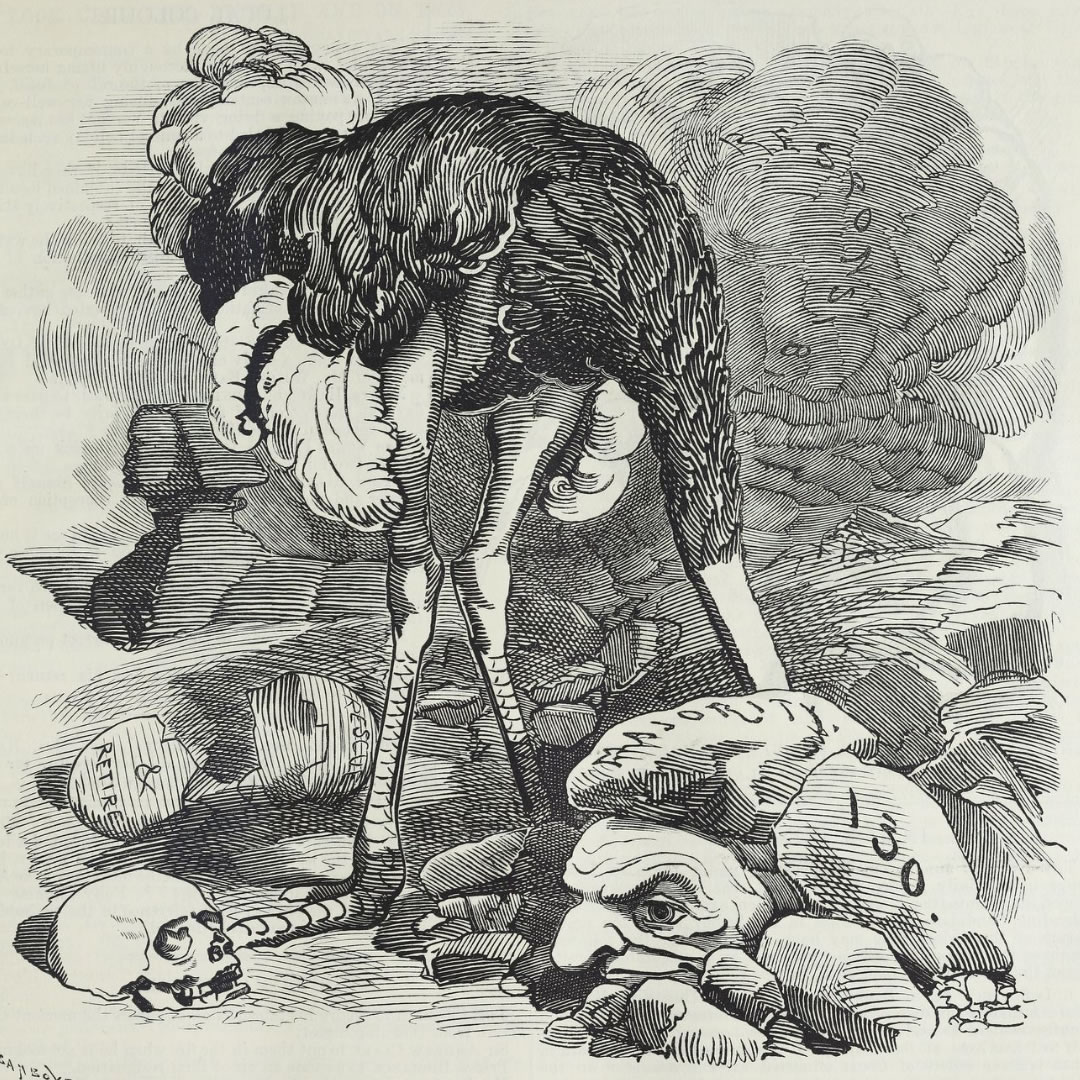
Execution

Execution
Don’t want to film yourself? Feel camera-shy? There could be a number of different reasons for not wanting to perform in front of the camera. Luckily, you don’t necessarily have to in order to create a video CV! Here’s a couple of examples:
Check out our learning platform!


Self-management

Self-management
The ability to stay motivated, even if something goes wrong, is an important and sought-after skill. Here’s a couple of examples that might help you demonstrate this ability:
Check out our learning platform!

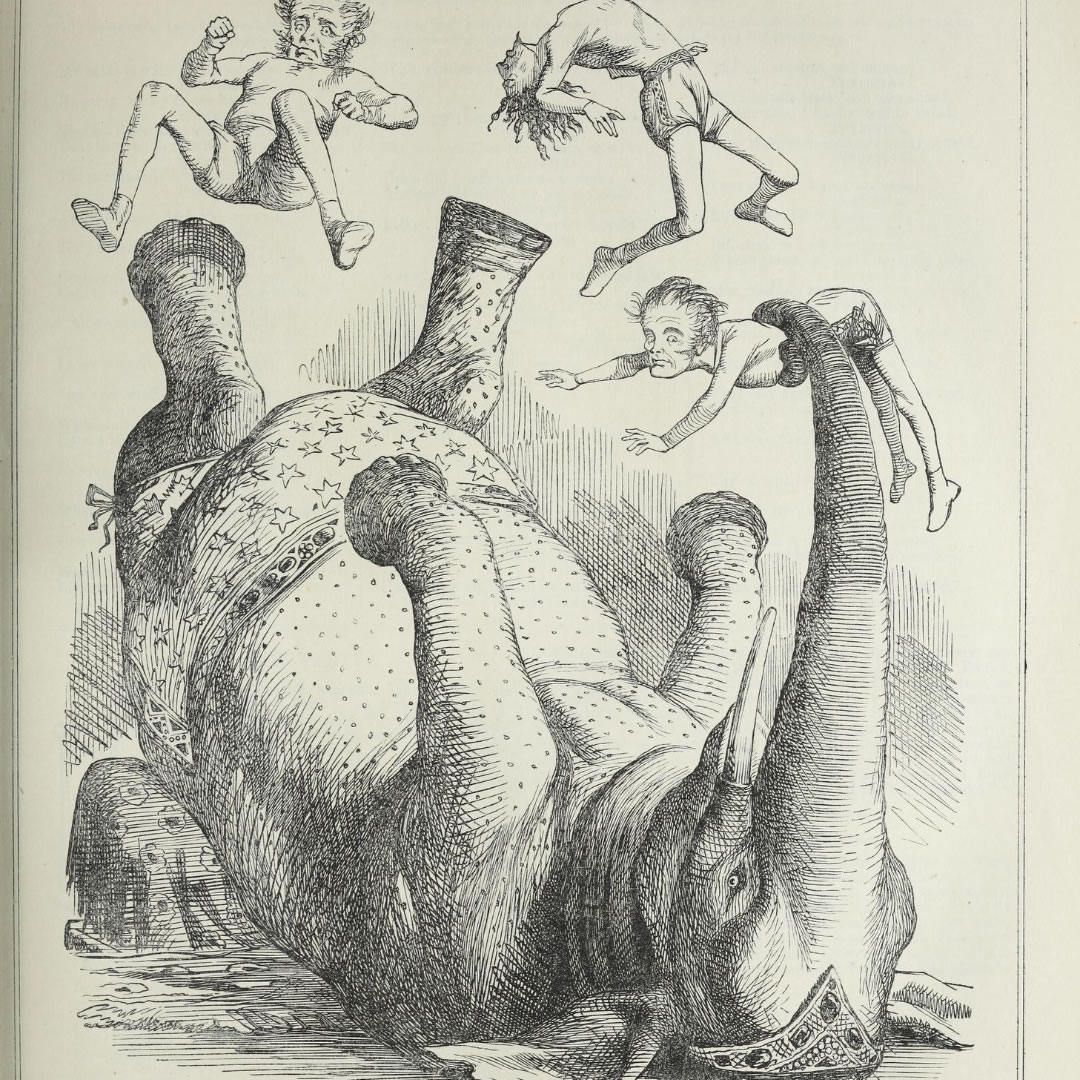
Self-management

Self-management
Chances are that you will have to work on different projects simultaneously. If you’re able to effectively manage multiple assignments and ensure that all of them get the attention they deserve, you should consider mentioning this skill in your video CV. You could answer questions such as:
Check out our learning platform!

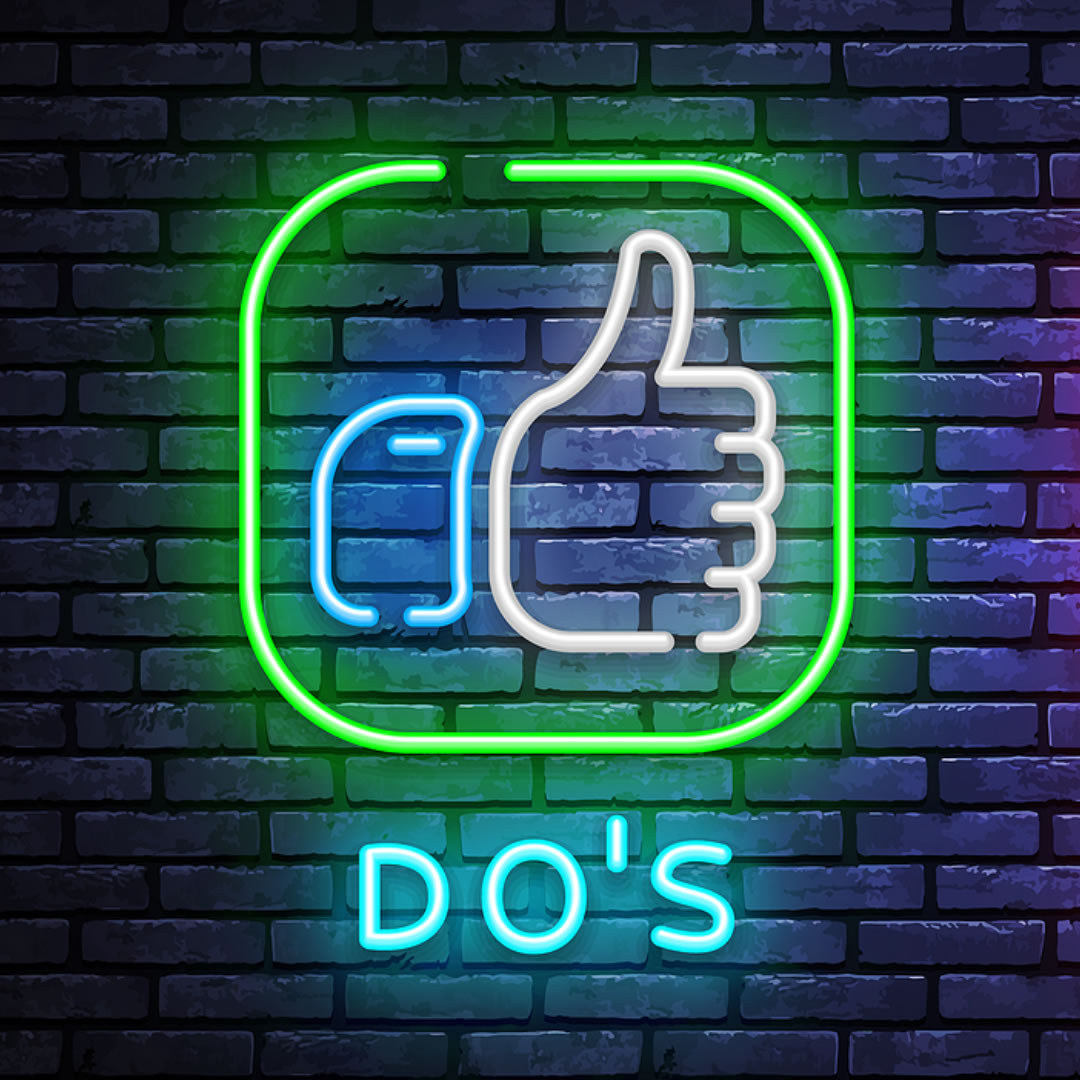
Review and dissemination

Review and dissemination
Do:
Check out our learning platform!


Creativity

Creativity
Creativity is not just about generating ideas. We could argue that project development as a whole is a creative endeavour. If you’re not entirely convinced yet, bear with us for a moment! What we mean is that projects evolve, take unexpected turns and in fact people rarely end up with the result that they envisioned at the very beginning. This whole project development process requires an open mind and willingness to learn, invent, reinvent and create along the way. You could show off your creativity competence by focusing your digital story on project development experience!
Check out our learning platform!

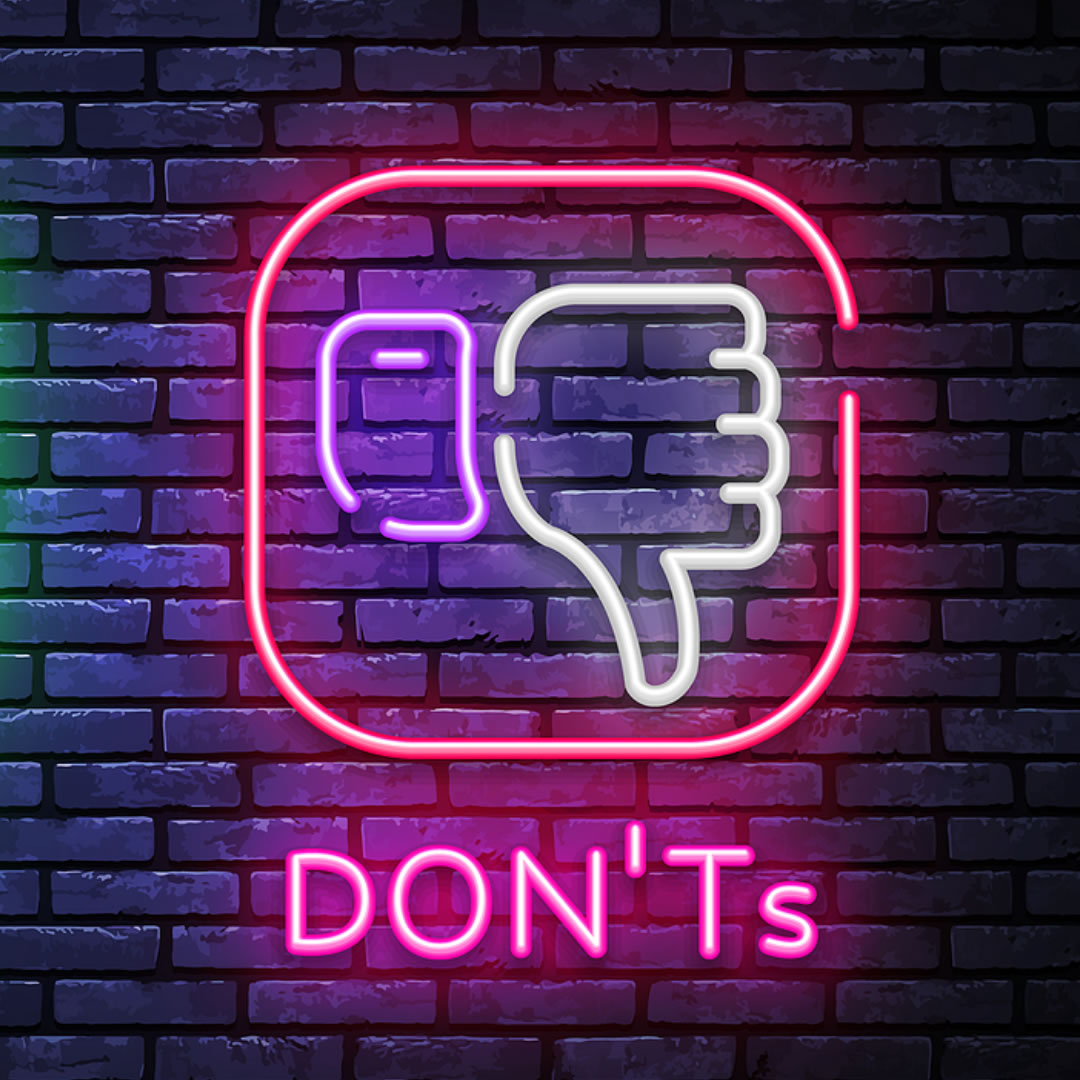
Review and dissemination

Review and dissemination
Don’ts
Check out our learning platform!


Flexibility

Flexibility
Listening and trying to understand different opinions and points of view are crucial to ensure effective teamwork. However, this requires a certain level of flexibility and willingness to compromise. Here’s a couple of prompts that might help you demonstrate this skill:
Check out our learning platform!
